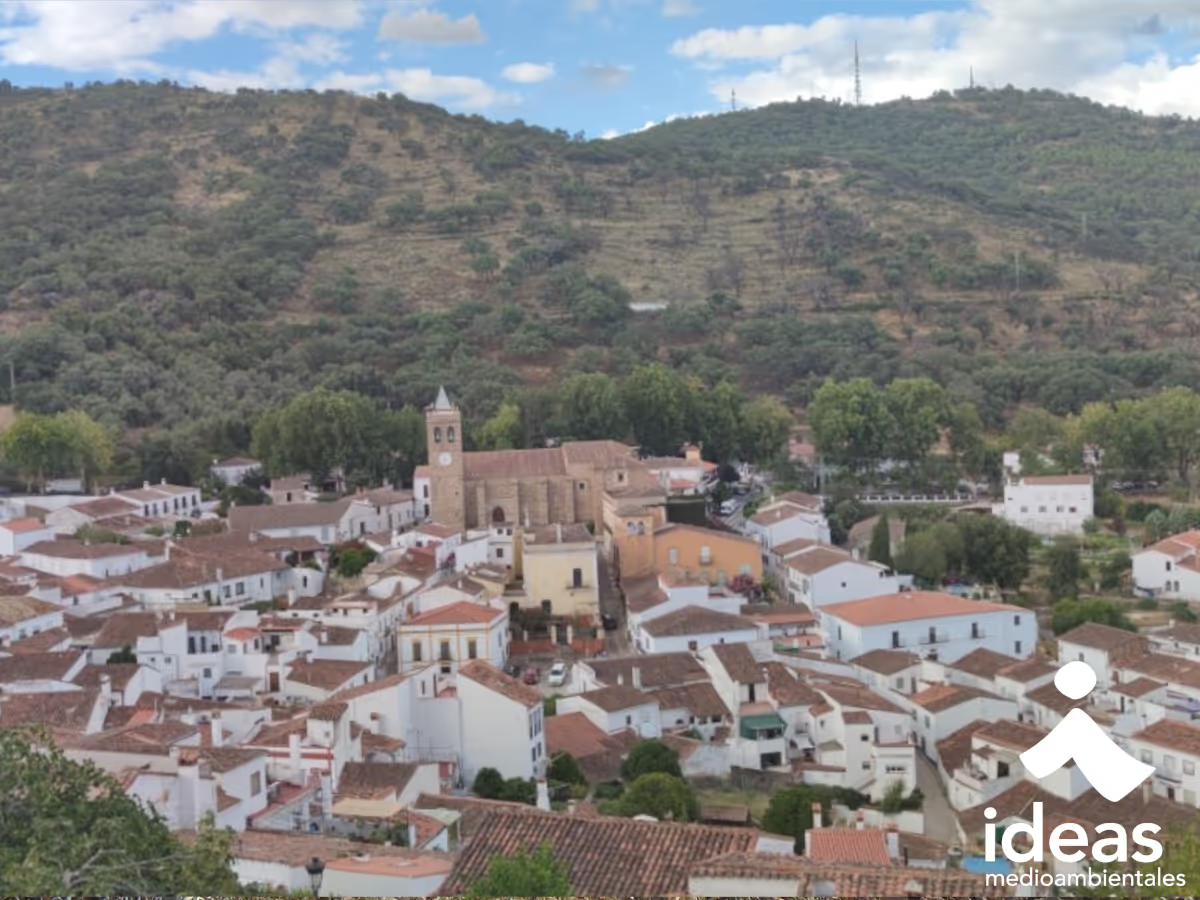In one of his most recent works, The lineage of the free (2010), Benigno Varillas, official biographer of Félix Rodríguez de la Fuente, proposed how the appearance of the first cities and the profuse development of urban civilization had been responsible for a large part of the problems that humanity suffers today, since it entailed an uprooting of people to nature, the wild world, traditions and small communities that experienced the dawn of our history (what we now know as emptied Spain). Undoubtedly, there will be those who think that this reading is not entirely correct. Cities brought about the refinement of human culture, the sociology of coexistence, the emergence of civil rights, or the flourishing of the arts and sciences.
It is undeniable that human beings have built increasingly comfortable and safe environments linked by modern highways, full of intelligent buildings and huge areas where you can buy and sell anything. We invented optical fiber, the electronic book, liquid plasma screens and despotic 5G. The truth is that we are incredible. But peoples die or, rather, as I wrote Pedro Simón In your Article from El Mundo (Emptied Spain, 01/04/2019), we are killing them. It is possible that this is involuntary homicide and not a crime, the result of unstoppable progress and the technosphere in which we live, but the rural world is dying.
Those towns where we or our grandparents were born, where our parents let us stay up late. Where girls and boys ran through the alleys, kites flew and hunted tadpoles in ponds. The same towns where we fell in love, where perhaps we kissed for the first time. The villages of eras and fences, of wood-burning bread and stables, of star-studded skies and orchestras in illuminated squares during the summer festivities. Those peoples that we are and carry inside, are dying. No matter the location, it's a pandemic. Whether in the Asturian meadows, the Castilian plains, the Leonese paramo, or the Andalusian countryside. It is death live, the emptied Spain or, rather, the Spain that we empty, as Pedro Simón clarified in his brilliant article.
The rural exodus or peasant towards big cities is a centuries-old story. In medieval times, periods of poor harvests combined with harsh conditions of labor exploitation pushed people to leave villages to seek better life opportunities in flourishing cities. In more recent times, the hard post-war years and the lack of expectations caused hundreds of thousands of young people to leave their villages to migrate to large urban centers. Who among us doesn't have a grandfather, an uncle, a relative who had to leave their home to seek a better life in Germany, France, Madrid or Barcelona? Today, the abandonment of traditional railways to the detriment of High Speed, the development of means of transport, the increasingly better training of young people and their concerns to thrive in the non-agricultural sectors of the labor market, are causing the last wave of abandonment of the rural population.
The reality is very stubborn. In a Spain that boasts healthcare, small towns are left without offices. In a country that boasts of education, rural schools are closed due to lack of students. There are empty villages that are sold and others that offer free housing to attract new neighbors, as portrayed with irony and humor in the TV series El Pueblo, of Alberto Caballero. Basic services and opportunities are languishing. The population is aging and our traditional peoples are facing an increasingly uncertain future. He tells it Rafael Navarro de Castro within The Naked Earth (Alfaguara), the story of an endangered man who was born, grew up and lived in the same town, a human species, the Rural, which is facing the threat of painful extinction that will devastate traditions, culture, roots and sense of belonging to a land and a way of life.
“The fact that the plane is faster than the horse does not necessarily mean that the world will be better.”
The Snows of Kilimanjaro (1936) Ernest Hemingway
The Observatory for the Rural World asks the government of the nation for the Spain 2050 plan: it is not only a question of recovering villages as a political slogan for the rural population, but of stopping to think about what and for whom we recover them. Because the man with a hat, selfie stick and camera who goes to town on the weekend needs it to stay nice. Alright. But those who live in there need something more important: they need the people - from Monday to Friday - to stay alive. We owe it to the peoples of our childhood. Those peoples that we all carry within us. That, unfortunately, emptied Spain.
Five recommended readings on the rural world:
- Land of Women (2019), María Sánchez
- Empty Spain (2016), Sergio del Molino
- The Years of the Fog (2006), Alejandro López
- The Yellow Rain (1988), Julio Llamazares
- The Holy Innocents (1981), Miguel Delibes

Ideas we share
What we really think. 0% spam contamination


.avif)

.avif)




